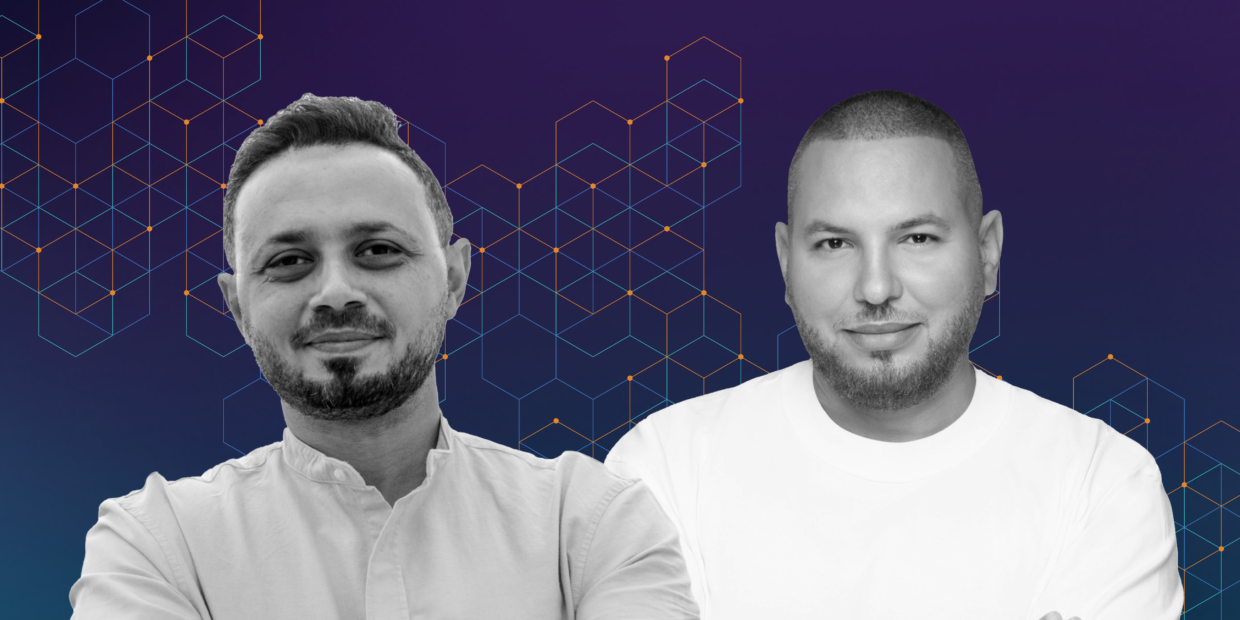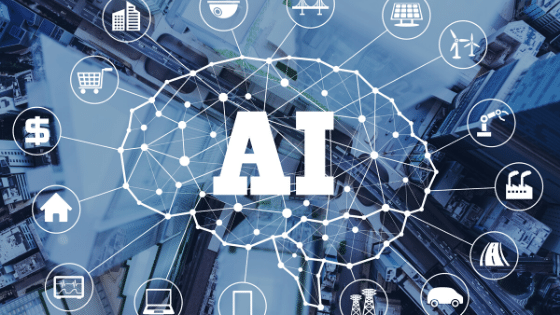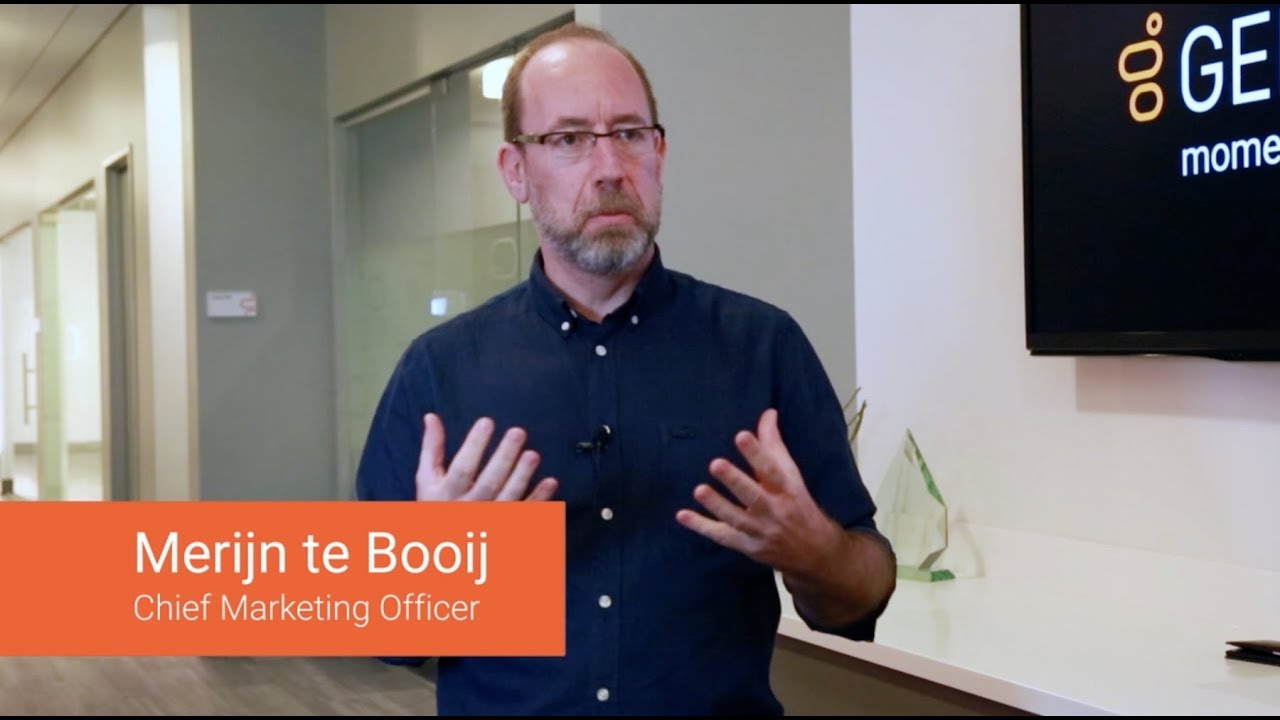Egypt’s DXwand Secures $4M Series A Funding to Drive AI Innovation and Regional Expansion
Middle East-based artificial intelligence (AI) startup DXwand has successfully concluded a Series A funding round, securing a total of $4 million in investment. The funding was led by prominent investors Shorooq Partners and Algebra Ventures, along with continued support from existing investor Dubai Future District Fund.
Founded in 2018 by Ahmed Mahmoud and Mahmoud Gomaa, DXwand has rapidly emerged as a powerhouse in the field of AI-driven software. The platform specializes in automating text and voice conversations between customers and businesses across various channels, including call centers, Facebook Messenger, WhatsApp, SMS, and websites.
This recent investment follows a pre-Series A round in June 2022, where DXwand raised $1 million. Huashan Capital and US-based VC firm SOSV led that round, with additional support from angel investors.
The newly acquired funds will play a pivotal role in DXwand’s expansion plans within the region. Moreover, the investment will be instrumental in accelerating the startup’s research and development initiatives, particularly in the areas of generative AI, knowledge mining, and omnichannel conversational AI.
DXwand’s unique AI-driven software is designed to facilitate seamless interactions between businesses and customers. The platform, operational in both Arabic and English, utilizes advanced language processing capabilities to automate conversations and extract valuable insights. This data is then presented on dashboards, enabling businesses to make informed decisions.
Commenting on the successful funding round, Ahmad Mahmoud, CEO of DXwand, expressed enthusiasm about the opportunities it presents: “This significant investment marks a pivotal moment for DXwand, enabling us to propel our regional expansion and intensify our commitment to advancing Gen AI and RAG technologies. We are excited about the possibilities this funding opens up for DXwand and the broader landscape of conversational AI.”
Shorooq Partners’ Tamer Azer emphasized the strategic importance of DXwand’s technology, stating, “DXwand enables companies to grow not just faster but also smarter, and enables governments to become far more efficient. Through technology that mines institutional knowledge to deliver superior access to information, DXwand enables a far more efficient engagement between governments and companies and their stakeholders, be they citizens, employees, or customers.”
Karim Hussein, Managing Partner at Algebra Ventures, highlighted DXwand’s proven track record in solving real-world problems: “The DXwand team has built a unique and comprehensive suite of AI tools that solve real-world problems for their clients at scale, as evidenced by their impressive and growing roster of satisfied customers, including many of the region’s leading corporations and government clients.”
DXwand’s AI software not only benefits businesses but also extends its capabilities to technical execution teams in sectors such as aviation ground crews and oil and gas remote crews. By harnessing institutional knowledge, these teams can enhance their efficiency and accuracy in fulfilling their duties.
Sharif El-Badawi, CEO of Dubai Future District Fund, emphasized DXwand’s alignment with Dubai’s AI strategy, stating, “DXwand has consistently demonstrated its capabilities as a world-class innovator in Gen AI with impressive growth in the team’s ability to close new sophisticated client accounts. Our continued investment reflects our confidence in their vision and alignment to Dubai’s AI strategy, as reflected in their selection into the Dubai Centre for AI.”
DXwand’s latest funding round not only positions the startup as a dominant force in the Middle East’s AI landscape but also underscores the growing recognition of the crucial role AI plays in transforming industries and enhancing efficiency across various sectors.

Charles Rapulu Udoh is a Lagos-based lawyer, who has several years of experience working in Africa’s burgeoning tech startup industry. He has closed multi-million dollar deals bordering on venture capital, private equity, intellectual property (trademark, patent or design, etc.), mergers and acquisitions, in countries such as in the Delaware, New York, UK, Singapore, British Virgin Islands, South Africa, Nigeria etc. He’s also a corporate governance and cross-border data privacy and tax expert. As an award-winning writer and researcher, he is passionate about telling the African startup story, and is one of the continent’s pioneers in this regard.

















